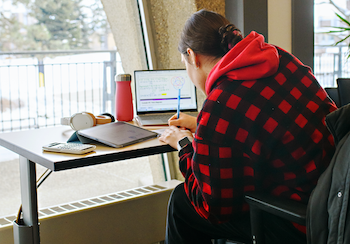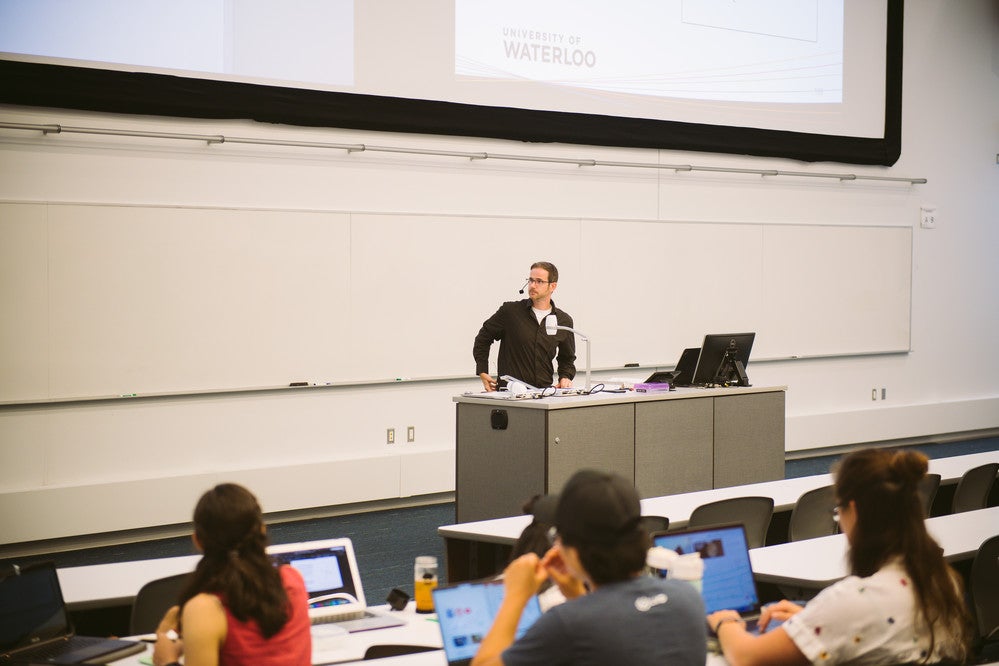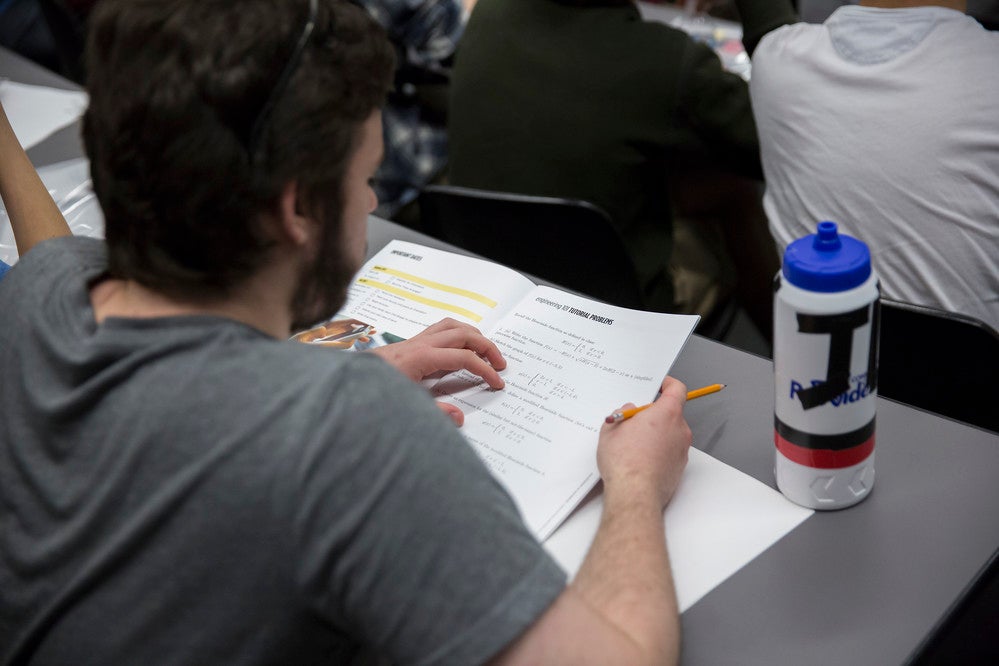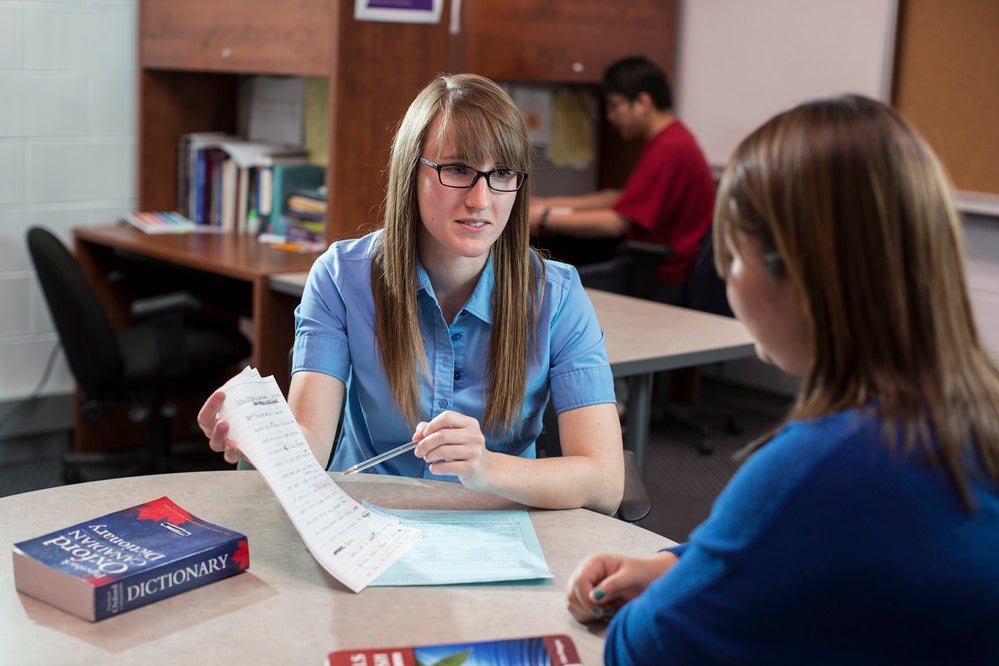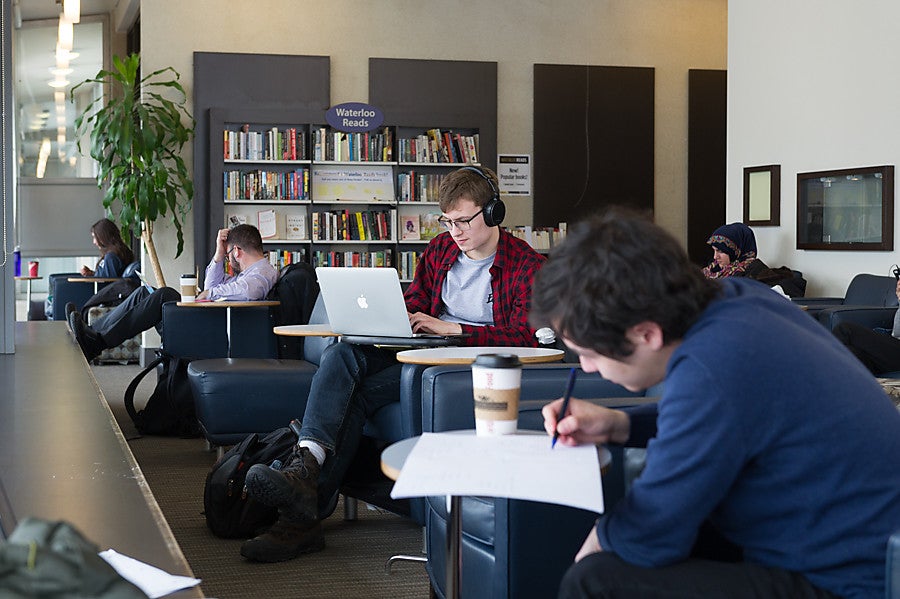We asked students and learning specialists to share their best tips, tricks and tools for university students. Browse through the articles for new strategies and perspective. Use the filters to find content that works for you.
Let’s start by admitting that reading the feedback on an assignment — especially one you don’t think was your best — can be uncomfortable.
Maybe you even avoid checking the comments because you find constructive feedback difficult to hear. That’s completely normal.
Have you ever underestimated the time it takes to complete an assignment or study for an exam? Do you find that no matter how early you start, you don’t have enough time?
Backwards planning can help with this.
Does preparing for a test feel as scary as writing it? Read on.
Do you feel unmotivated to attend in-person lectures?
Maybe you feel disengaged because you can review the slides on your own or watch the recorded lecture. Or maybe you’re not interested in engaging in class discussions or activities.
If you’re having these feelings, here’s a reminder of some benefits of attending and participating during in-person classes.
Have you ever submitted an essay or project that you were so sure would meet your professor’s expectations, only to get it back with lots of notes and a lower grade than you were hoping for?
We’ve all been there. Receiving and reviewing feedback from your teaching assistants (TAs) and instructors is a regular part of the university experience.
Not sure where to start when you’re studying for exams?
Review notes are the answer.
There’s no doubt exams can be stressful, but using this five step process can help you stay calm.
What’s the Cornell note-taking method?
What is a teaching assistant (TA)?
TAs are upper-year or graduate level students that help your professors and instructors with grading, tutorials, exams and more.
You may have used a concept map in a class project, or to take notes — but are you using this tool to its full potential?
Concept mapping can help you develop knowledge structures, assess your understanding of content and review for exams.
Pages

